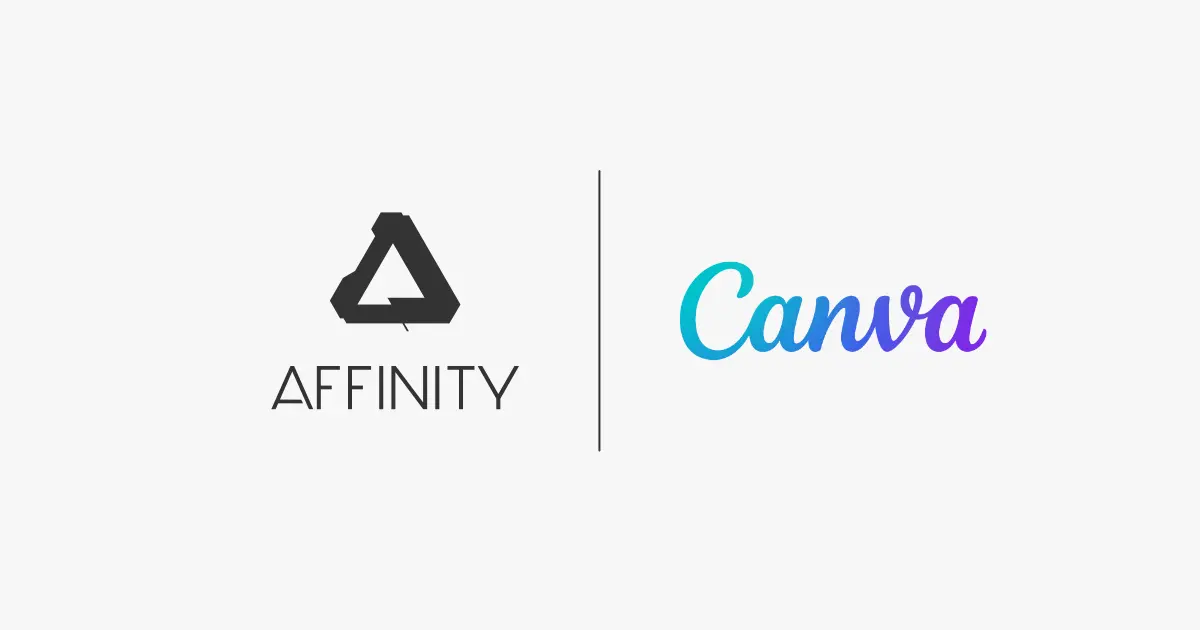The Affinity and Canva Pledge
The Affinity and Canva Pledge


An update from Affinity and Canva on the acquisition of Affinity/Serif by Canva. They have made 4 pledges, including to maintain perpetual licenses.
The Affinity and Canva Pledge


An update from Affinity and Canva on the acquisition of Affinity/Serif by Canva. They have made 4 pledges, including to maintain perpetual licenses.
You're viewing a single thread.
Long story short:
&
This all feels a lot like any low- or mid-range CAD suite that gets acquired by Autodesk, Siemens, or PTC. Promise enough to avoid a revolt, but start eroding with the next release.
The educational licensing for lock-in is also par for the course. It can be done well (Rhino 3D is legendary for letting small-shop designers use their cheap edu license forever, even commercially), but generally it's just there to maintain the supply of baby drafters and get subscriptions from employers.
But Blender is also free in schools, so why not use that?
Because Maya is the industry standard and while Blender and Maya are very similar, they aren't identical.
I thought Blender was the standard. I always thought of it as the only instance when the FOSS tool was the standard.
Every single team I’ve worked in that needed a 3D creation tool has been on Maya. Certainly in the games industry it’s the 99.99% standard.
Never has been. It's slowly making inroads for things like previs on movies. But it's not a standard in vfx workflow etc. Despite being pretty usable. Standard issues apply. They already have a workflow and are loathe to change it if it works for them. Often open source is perceived not to have much support behind it like a commercial product would. (Why companies like Red hat exist) And most people aren't trained in it. Though that's a catch 22 that will likely work itself out over time.
Blender is not a CAD program. Basically, this means 3D models are more freeform. In CAD, everything is done with measurements.
Blender is used for 3D artists all around schools. CAD software is used for engineers and such.
Edit: and Affinity is not used for 3D modelling at all. It's for images.
If the assignments are in Maya, you'll have a hard time passing the class in Blender.